Identifying Behavioral Signs of Drug Addiction
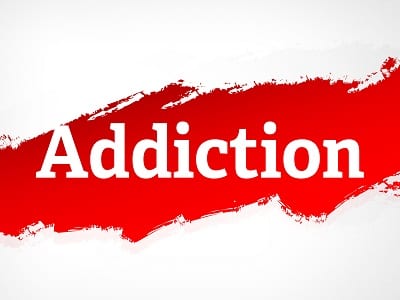
Drug addiction, known clinically as substance use disorder (SUD), is a chronic but treatable disease characterized by compulsive drug seeking behavior that occurs despite negative consequences. Addiction is both a “complex brain disorder and a mental illness,” according to the National Institute on Drug Abuse (NIDA). Addictive behavior can happen with illegal drugs like heroin […]
Ending the Stigma of Mental Health and Addiction
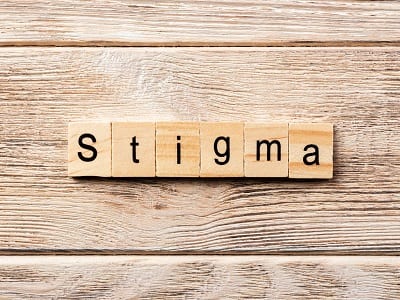
Individuals with mental illness and substance use disorders continue to be unfairly stigmatized by those who do not understand these are chronic, treatable conditions. Suffering from one or both of these disorders does not mean the person is dangerous, at fault for their disorder, or, in the case of substance use disorder, too weak to […]
The Rise in Overdose Cases Since COVID-19

COVID-19 is not only causing widespread illness and death, but it is also increasing economic distress, social isolation, and anxiety, all risk factors for those actively using drugs or alcohol, and for those in recovery. Although drug overdose deaths in the United States decreased by about 4 percent in 2018, those numbers began to rise […]
Understanding Compulsive Behaviors
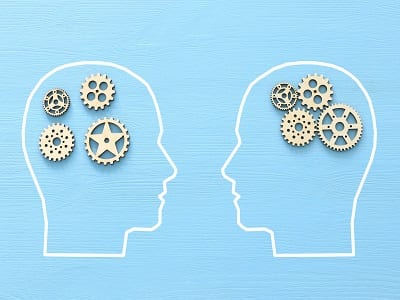
Compulsive behaviors are practiced repeatedly, even when they seem irrational, fail to deliver pleasure, and may result in negative consequences. An individual is driven to continue practicing a compulsive behavior even when they wish to stop. While any behavior has the potential to become compulsive, the most commonly identified compulsive behaviors include Obsessive Compulsive Disorder […]
Telehealth in Addiction and Eating Disorder Recovery

Telehealth allows a therapist or other medical professional to meet with clients using a live video connection. Using technologies such as videoconferencing, smartphone applications, and web-based tools, professionals can deliver health services remotely. The therapist and client still see and talk to each other in real time but without the need for the client to […]
Individual and Group Therapy for Addiction

The nature of addiction, including the way it changes the brain, can make it challenging to overcome without help. A combination of psychotherapy, support group participation, and, in some cases, medication, have consistently yielded the highest long-term recovery rates. Most recovery treatment programs include both individual and group therapy sessions as the foundation of the […]
Experiential Therapy for Addiction

Experiential therapy guides clients in the use of expressive tools and activities to re-experience emotions tied to past situations and relationships. Through psychodrama, use of props, creative arts, music, guided imagery, equine or canine therapy, wilderness experiences, ropes course, or another experiential method, clients learn to identify, explore and release specific emotions. Unlike psychotherapy, which […]
Behavioral Therapy for Addiction
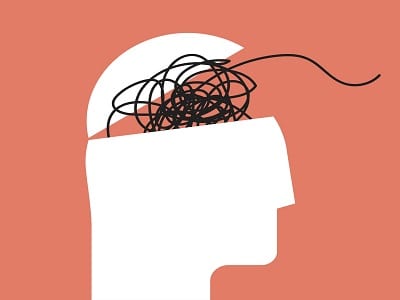
Behavioral therapies are based on the belief that behavioral patterns are often learned and may be linked to past conditioning and environmental influences. The goal of behavioral therapy is to reinforce positive behaviors and to eliminate those that are unhealthy or dysfunctional. Unlike psychoanalysis, behavioral therapies often focus more on current problems and how to […]
Humanistic Therapy and Motivational Interviewing for Addiction Recovery

A 2017 National Institute on Drug Abuse survey found about 20.7 million people aged 12 and over needed treatment for substance use dependency in the previous year. However, only about 12 percent of those identified received any treatment. This is especially damaging as addiction treatment incorporates a wide variety of emotional, mental, and physical support, […]
Trauma Therapy for Addiction
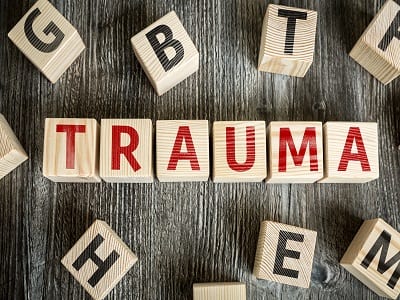
Trauma results from events or situations an individual perceives as physically or emotionally harmful or life threatening. A traumatic event may include child or domestic abuse, child abandonment or neglect, combat, sexual or physical assault, natural disasters, serious accidents, or another source. When adverse symptoms linked to the traumatic event persist or worsen over time, […]
Art Therapy for Addiction

Art therapy encourages the use of expressive tools and activities to facilitate recovery from substance use and other mental disorders. This therapy allows clients to process negative emotions or traumatic events in a relaxed, less direct manner. Clients may choose to express their creativity through art forms like painting, sculpting, drawing, writing stories or poems, […]
Alcohol Sales Spike Since COVID-19

The public health crisis caused by COVID-19 continues to adversely affect many individuals both physically and emotionally. Unfortunately, fear, isolation, financial insecurity, boredom, and worry over their own health or the health of others has pushed some to increase their use of alcohol. Nielsen, a well-known consumer research organization, reports a 27% rise in alcohol […]
What You Need to Know About Smoking Risks

Statistics regarding the risks of smoking are grim. Close to a half million people in the U.S. die each year from tobacco-related causes. Half of those who fail to kick the habit will die from tobacco use. More Americans die from cigarette smoking than alcohol, car accidents, HIV, guns, and illegal drugs combined. Whether it’s […]
Celebrating Pride Month

June has been designated a month of celebration in the lesbian, gay, bisexual, transgender and queer or questioning (LGBTQ) community for decades. This month, LGBTQ individuals and allies come together to celebrate the strides that have been made toward equality and acceptance for LGBTQ individuals. During Pride Month, participants across the globe unite to celebrate […]
Why Healing the Spirit is Important to Recovery

When we are spiritually healthy, we are also living in harmony with our value system. If our behavior is in line with our personal ethics and morals, we are more likely to experience inner peace. Anyone can be spiritually healthy, whether or not they believe in a particular religion or spiritual tradition. In order to […]
Why Healing the Body is Important to Recovery
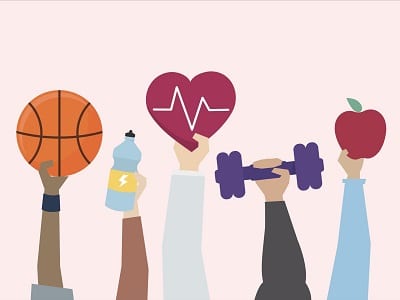
Eating disorders or misuse of drugs or alcohol can dangerously impact physical health. Eating disorders can lead to severe digestive issues, including malnutrition and starvation. Drugs and alcohol bombard the body with toxins, damaging organs, and weakening the immune system. Both substance use disorder (SUD) and eating disorder (ED) cause nutritional deficiencies which can compromise […]
Why Healing the Mind is Important to Recovery
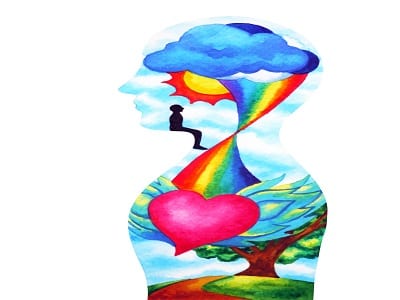
Successful recovery comes from the harmonious balance of mind, body, and spirit. Because every aspect of our physical being is interconnected, all aspects must be healthy in order to achieve a healthy whole. Multiple studies support the relationship between addiction and a struggling mind. Emotional trauma, depression, anxiety, poor self-esteem, the mental damage from social […]
Introduction to the Mind, Body, Spirit Approach to Wellness
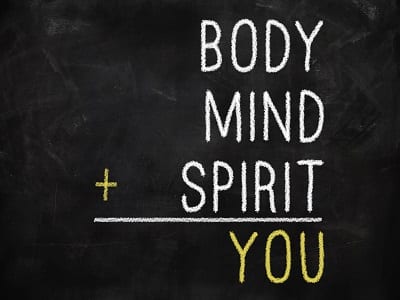
Optimum health is most attainable when your mind, body, and spirit are in alignment. This balance is more readily achieved through a holistic approach, which is healing that addresses the whole person, in conjunction with traditional medicine. Traditional medicine often focuses on treating an illness, including substance use or mental disorders, solely from a physical […]
Understanding Social Media Addiction

If you constantly check your social media, even when driving, eating out with friends, or watching a movie, this behavior may be impairing or endangering your life. Although social media addiction is not currently a diagnosable disorder according to medical literature, many users describe themselves as “addicted” to social media. Social media addiction is defined […]
What is Gambling Addiction?

A gambling addiction, also called gambling disorder, is the compulsive need to gamble despite negative consequences. Characterized by a lack of impulse control, the disorder drives a person to continue the gambling behavior even when it damages relationships, finances, and work or school performance. Warning Signs of a Gambling Addiction The Diagnostic and Statistical Manual […]
What is Gaming Addiction?

Gaming addiction, also called gaming disorder, refers to the compulsive need to play video games even in the face of negative consequences. The addiction goes well beyond a hobby, causing serious problems with the gamer’s health, relationships, social life, and work or school. In 2018, the World Health Organization (WHO) included gaming disorder in their […]
Substance Use Disorder and Eating Disorder as a Dual Diagnosis

Dual diagnosis, also called a co-occurring disorder, means a person suffers from both a substance use disorder (SUD) and mental disorder simultaneously. Although one or the other may have developed first, both disorders are now present. Either disorder can mask or worsen the symptoms of the other disorder. Eating disorders (ED) are one form of […]
Working in Substance Use Disorder Treatment During COVID-19

The American Society of Addiction Medicine (ASAM) warns the current COVID-19 crisis presents special challenges for those with a substance use disorder (SUD). Increased anxiety coupled with social isolation increases risks for relapse. For treatment providers, maintaining both inpatient and outpatient treatment services, as well as support services, is critical for their clients and communities. […]
News from NAATP
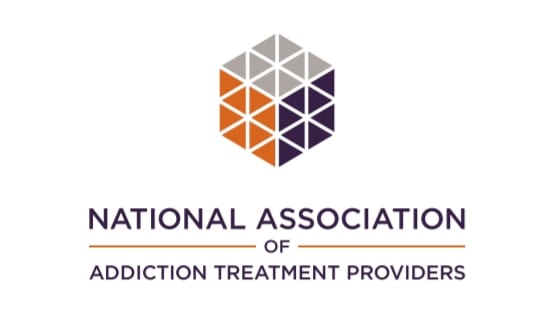
The National Association of Addiction Treatment Providers (NAATP) is a professional society whose members advocate for excellence in addiction treatment and better access to those services. Since 1978, the NAATP has sought to “provide values-based vision, leadership, services, and advocacy for a professional field that is evolving in terms of clinical method and business structure.” […]

